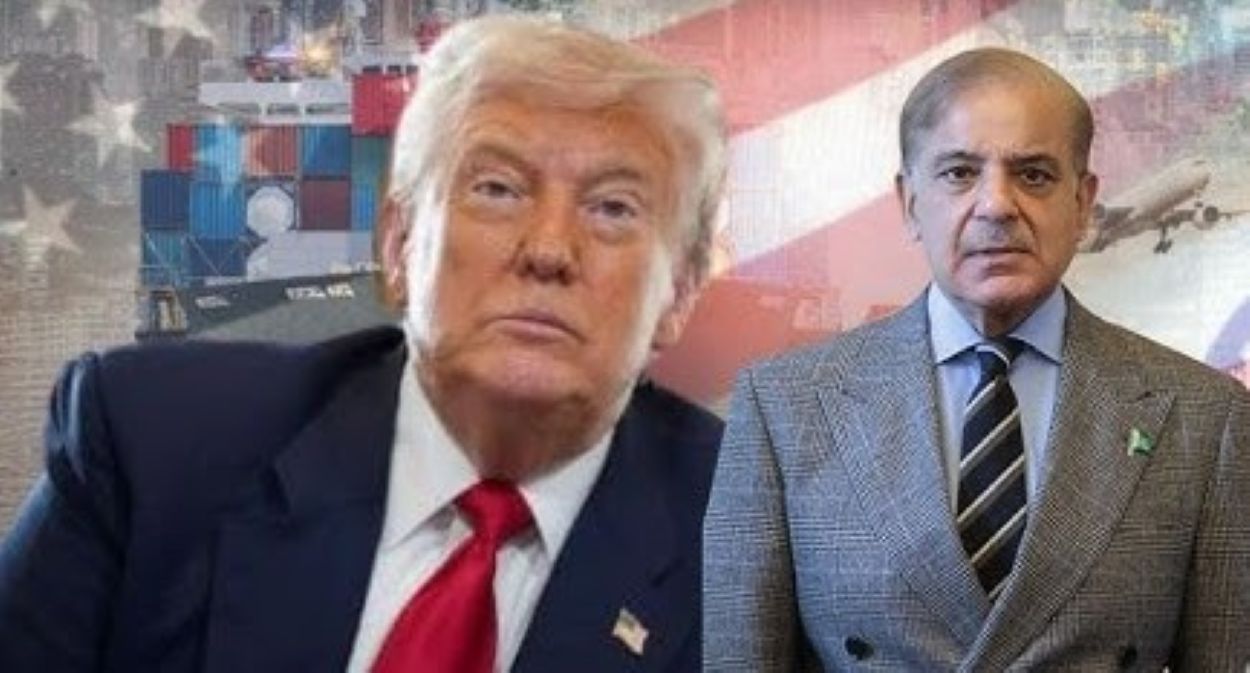On July 31, 2025, U.S. President Donald Trump announced a trade deal with Pakistan, including joint development of the country’s “massive” oil reserves. Trump stated on social media, “We are in the process of choosing the oil company that will lead this partnership. Who knows, maybe they’ll be selling oil to India someday!”
Oil industry experts have characterised the recent Pakistan-US deal as a positive step for Pakistan’s untapped oil and gas sector, which possesses considerable growth potential and promising opportunities, particularly in Balochistan, Khyber Pakhtunkhwa, and the tribal districts near Afghanistan. Furthermore, the development of offshore reserves and increased international collaboration could equip Pakistan with the essential resources it currently lacks.
Energy experts highlight that insufficient infrastructure and consistent under-investment have historically impeded exploration efforts. They consider the new partnership a vital step to attract investment, implement advanced technology, and encourage healthy competition within the sector.
Pakistan is estimated to have around 9 billion barrels of technically recoverable shale oil, according to the U.S. Energy Information Administration (EIA). Experts believe that harnessing these resources could significantly transform Pakistan’s economy, much like the impact of Saudi Arabia’s Aramco discovery.
Security and Exploration Challenges
Experts acknowledged hurdles, including law and order issues in Balochistan and Khyber Pakhtunkhwa, where militancy involving Tehreek-i-Taliban Pakistan and Baloch separatists persists. These regions, key to the China-Pakistan Economic Corridor, require improved security to attract investment. Offshore areas, free from such constraints, represent an under-explored opportunity.
The US sealed a trade deal with Pakistan as their officials wrapped up talks in Washington, agreeing to develop oil reserves https://t.co/Ut6jH2uPEx
— Bloomberg (@business) July 31, 2025Pakistan’s current proven oil reserves stand at 353 million barrels, with production at 60,000 barrels per day and imports exceeding $12 billion annually, mainly from Saudi Arabia, the UAE, Qatar, Kuwait, and China.
The deal could reduce Pakistan’s reliance on imports and boost its economy. If realised with U.S. expertise, it might lead to a “transformative path,” as Khan described, fostering ambition in energy exploration. This aligns with Trump’s broader trade strategy, though details remain pending.
Read:Trump Terms India and Russia as “Dead Economies,” Imposes 25% Tariff on Indian Imports
The US-Pakistan trade deal signals potential economic growth for Pakistan amid energy challenges. It could enhance bilateral ties and global energy dynamics. For accurate updates on international trade, rely on trusted sources to avoid misinformation.






